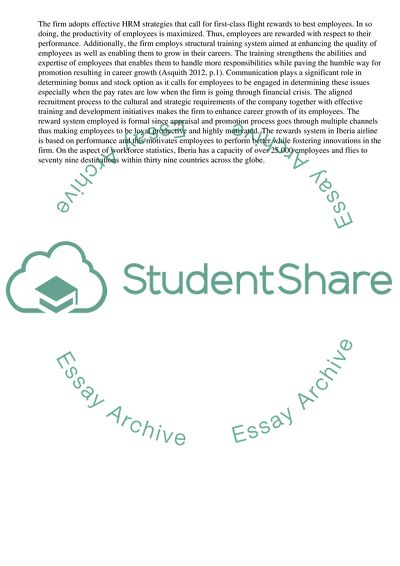Cite this document
(“Organization People and Performance in Iberia Airlines Research Paper”, n.d.)
Organization People and Performance in Iberia Airlines Research Paper. Retrieved from https://studentshare.org/business/1402745-organisations-people-and-performance
Organization People and Performance in Iberia Airlines Research Paper. Retrieved from https://studentshare.org/business/1402745-organisations-people-and-performance
(Organization People and Performance in Iberia Airlines Research Paper)
Organization People and Performance in Iberia Airlines Research Paper. https://studentshare.org/business/1402745-organisations-people-and-performance.
Organization People and Performance in Iberia Airlines Research Paper. https://studentshare.org/business/1402745-organisations-people-and-performance.
“Organization People and Performance in Iberia Airlines Research Paper”, n.d. https://studentshare.org/business/1402745-organisations-people-and-performance.


